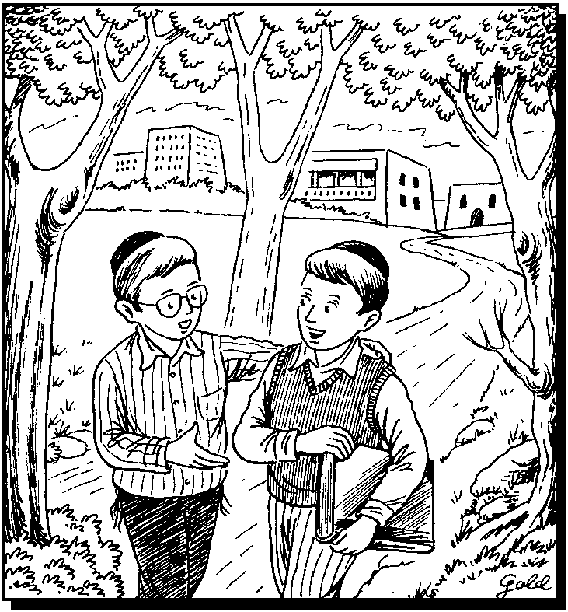I got an inquiry today from a student. He is not Jewish; he comes from a Catholic background. Though unlike many devout Catholics, he is not immediately hostile to Jewish thought. (please send your objections to my overgeneralization to unkosherrabbi - at - gmail - dot - com)
Here was what he wrote:
Dear Unkosher Rabbi,
I've been reading a book called "Laying Down the sword: why we can't ignore the Bible's Violent Verses" by Philip Jenkins ( The Economist called him America's best schoolar on religion). I just started Chapter 1. And in this chapter, Philip jenkins describes are the wars and slaughters that the Anceint Hebrews perfromed on the Anceint Tribes such as the Cannanites, almokeites, Menitites etc.
It also seems that after egypt, moses was not as peaceful as i thought he was. he comanded the hewbrew warriors to kill all the men, women, and children of anceint tribes. Also the word Harem came up which means "Utter destriction". that means if the other people surrender or plead for a treaty, they couldn't and the Hewbrews would annihilate them anyway.
I don't like how the Hebrews would kill innocent people and how G-D commanded them to kill.
How could G-D and his Prophets allow the massacres of innocent people?
how do people interperet the violent passages?
Sincerely, WTFG-D?!
My response:
Dear WhatThe,
These are very good questions you raise. In fact, this is a big part of what Jewish people and others who take the Bible seriously have been struggling with since the books were compiled.
I don't have a definitive answer, but here's my take: The Bible gives us a snapshot of the world. It tells us about flawed people who are very weak and selfish - but even so, they do incredible things. It tells us about a world that is full of suffering, but even so, there is unequalled kindness and love.
The Bible assumes a world-view - namely that there is One God, and that God is in charge of EVERYTHING - including the bad things. The book of Job is the quintessential expression of this. So in the Biblical narative, we see God pursuing goodness and mercy, but we also see God destroying - even innocent people. (be sure to read Kushner's
When Bad Things Happen to Good People)
After all, innocent people actually do die in this world - quite frequently. It is really the exception to the rule that someone
'deserves' to die (though I don't really know what that word means in this context, I use it in lieu of a better one...).
The Bible must reflect the real world and offer us explanations and examples (or counter-examples) of good behavior. It says in Dueteronomy that God gave human beings a choice -
to pursue goodness and life, or evil and death. It is this choice that places us firmly within the image and likeness of God. We can choose to create or we can choose to destroy. Getting at this choice, and how we make it, is one of the deeper meanings behind the violent passages you mention. Also don't forget that the Torah is also a chronicle. It is the Jewish peoples' journey. Just because parts of it are ugly does not free us from the history - that would be biblicaly wishful thinking or a spiritually selective memory.
We are in control of what we make of these things. After all - violence is neither good nor evil - but it may be wielded for both. Violence can be employed to cause
utter mayhem and destruction, or it can be used
to save lives. The Bible is asking us to find the most moral outcome - to choose life over destruction.
I hope this helps broaden the conversation,
The UnKosher Rabbi



